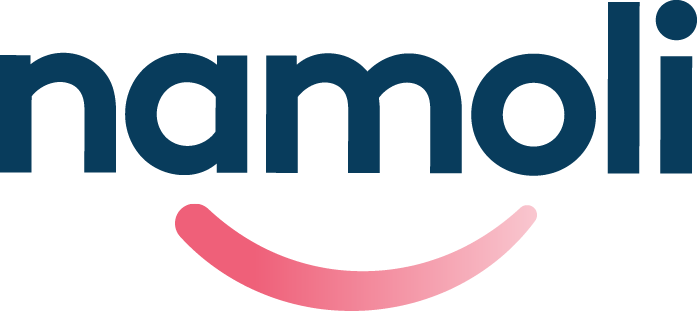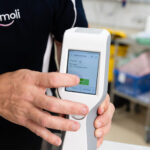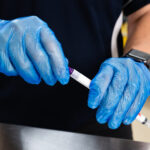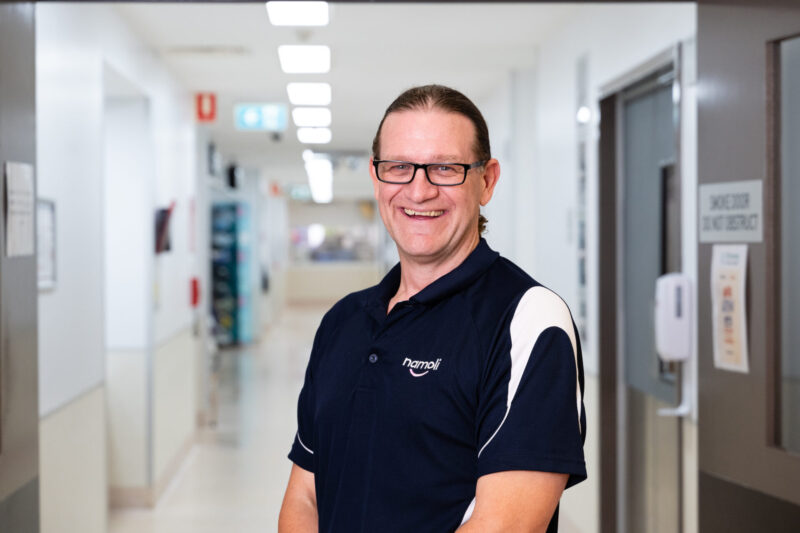
Michael Liddle , General Manager – Namoli Healthcare
Michael has been in the commercial cleaning and facilities management industry since 1991, bringing 34 years of hands-on and leadership experience. He has specialised in healthcare cleaning since…
View Full ProfileWhen budgeting for professional cleaning services, many assume that healthcare and commercial cleaning costs are roughly the same. However, healthcare cleaning is a highly specialised service that demands more expertise, compliance, and resources—reflected in a higher hourly rate. This guide breaks down the pricing differences between commercial and healthcare cleaning services and the factors that influence these costs.
Key Takeaways:
- Healthcare cleaning services generally cost $5–$15 more per hour than standard commercial cleaning due to infection control protocols, specialist training, and compliance overhead.
- Factors like facility size, cleaning frequency, service complexity, and location play a significant role in the final service cost.
- Medical facilities must account for additional requirements such as certifications, biohazard handling, and documentation, which increase operational expenses.
Price Comparison: Commercial vs. Healthcare Cleaning
Standard Commercial/Office Cleaning Rates
- Typically range from $45 to $55 per hour per cleaner.
- Suitable for basic cleaning tasks such as vacuuming, dusting, and bin emptying.
- Rates may vary slightly based on location and service scope.
Healthcare Facility Cleaning Rates
- Generally $55+ per hour per cleaner.
- The upper range reflects the specialised work, infection control, and compliance requirements.
- Facilities like clinics, medical centres, and hospitals are charged higher due to the precision and protocols involved.
Deep Cleaning and Disinfection Services
- Intensive services like terminal cleans or infection outbreak disinfection can range from $65 to $75 per hour.
- These are periodic, high-labour, high-risk cleaning tasks often requiring special equipment and trained teams.
Key Factors That Influence Healthcare Cleaning Costs
1. Facility Size and Layout
Larger facilities or those with complex layouts naturally demand more cleaning hours and resources. For example, a small general practice clinic will cost significantly less to clean than Day Surgery facilities with specialised treatment areas.
2. Frequency of Cleaning
Healthcare facilities often require cleaning multiple times per day, particularly in high-traffic or high-risk zones. Frequent cleaning increases the total labour hours, impacting the overall monthly cost. Long-term contracts may offer better rates, but the cumulative workload remains higher.
3. Type of Cleaning Services Required
Basic services like mopping and dusting are standard, but specialised tasks (e.g., sanitising surgical suites, clinical waste disposal, or HEPA vacuuming) significantly increase service rates. The more intensive and specialised the task, the higher the associated cost.
4. Geographic Location
Wage rates are consistent across Australia, but higher overheads and cost-of-living pressures in certain cities can increase service costs. In regional and remote areas, limited access to labour can also drive rates up, particularly for specialist healthcare cleaning services.
Read more: 2025 Healthcare Cleaning Rates by Location (Brisbane, Sydney, Melbourne)
5. Compliance and Staff Expertise
Healthcare cleaning staff often require certifications, vaccinations, and background checks. Facilities that demand cleaners with advanced training or security clearances will incur higher service charges. Compliance with Safe Work Australia and infection control guidelines adds to operational overhead.
6. Additional Factors
- After-hours or overnight cleaning incurs penalty rates.
- Urgent or last-minute cleans (e.g., post-outbreak disinfection) are typically priced higher.
- Contract type: Long-term service agreements might provide slightly reduced rates compared to one-off specialised cleans.
Why Healthcare Cleaning Rates Are Worth the Investment
Unlike standard commercial cleaning, healthcare cleaning directly impacts patient safety, infection prevention, and regulatory compliance. The higher service rates reflect the meticulous attention to detail, specialist knowledge, and risk management required to maintain safe clinical environments.
While the base hourly rate for commercial cleaning may be appealing, healthcare providers should consider the true cost of cutting corners. Investing in a specialist healthcare cleaning partner ensures:
- Consistent adherence to infection control protocols
- Risk mitigation through professional-grade disinfection
- Comprehensive documentation and audit support
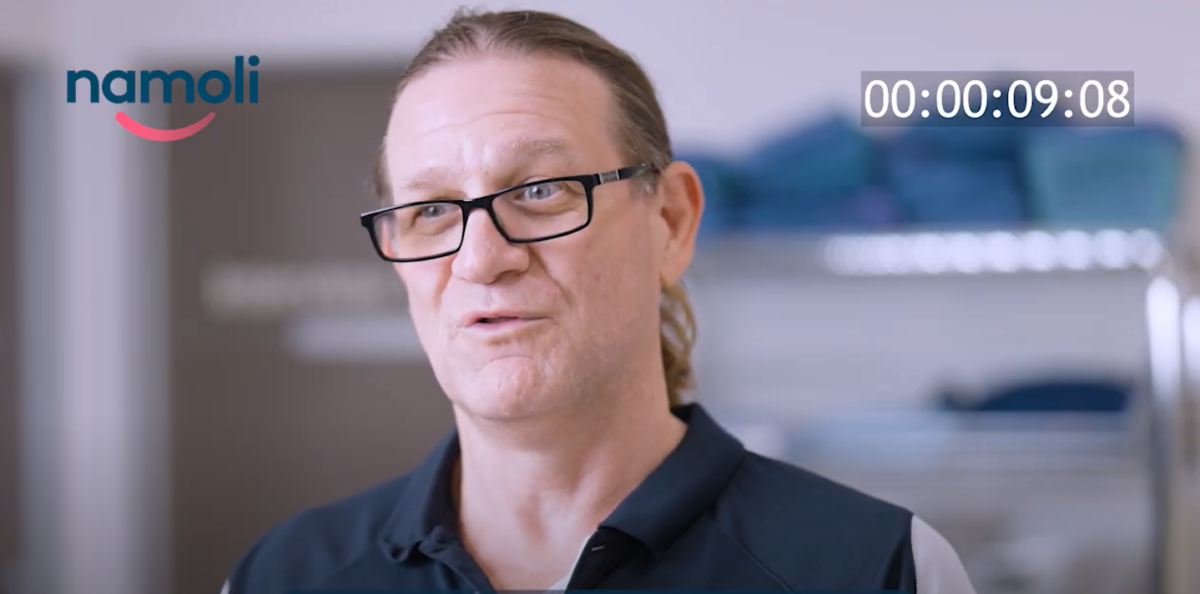
Partner with Namoli Healthcare for Transparent, Specialist Cleaning Solutions
Our cleaning programs are designed specifically for:
We combine infection control expertise, certified staff, and transparent pricing to deliver cleaning solutions that are tailored to your facility’s unique needs.

Michael Liddle , General Manager – Namoli Healthcare
Michael has been in the commercial cleaning and facilities management industry since 1991, bringing 34 years of hands-on and leadership experience. He has specialised in healthcare cleaning since…
View Full ProfileRelated Posts

Michael Liddle , General Manager – Namoli Healthcare
Michael has been in the commercial cleaning and facilities management industry since 1991, bringing 34 years of hands-on and leadership experience. He has specialised in healthcare cleaning since…
View Full Profile

Michael Liddle , General Manager – Namoli Healthcare
Michael has been in the commercial cleaning and facilities management industry since 1991, bringing 34 years of hands-on and leadership experience. He has specialised in healthcare cleaning since…
View Full Profile